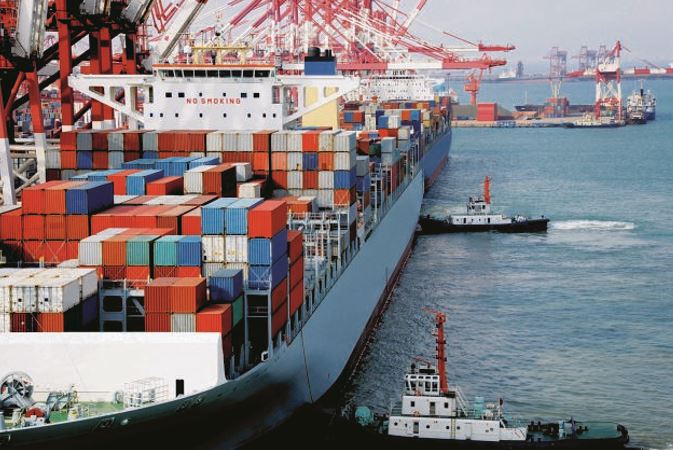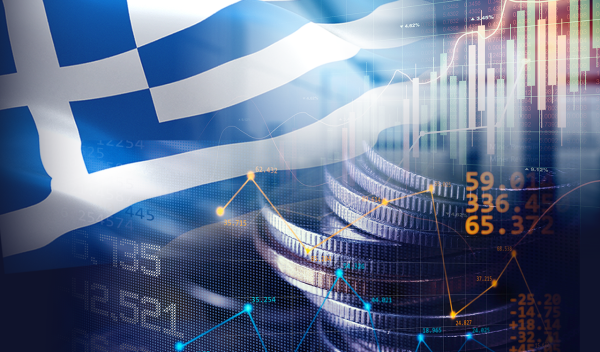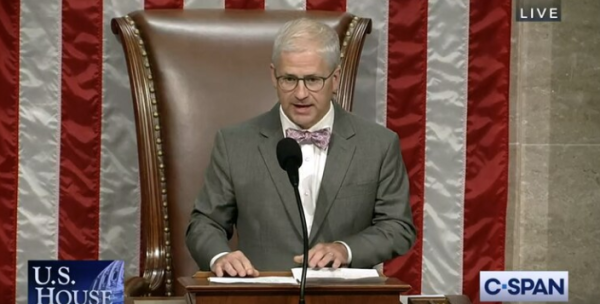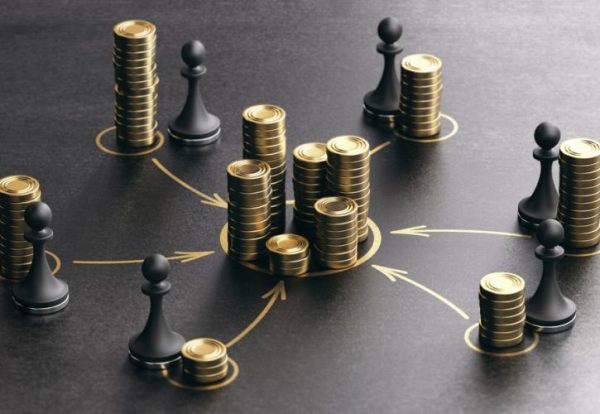
Intercargo chairman Dimitris Fafalios stresses that the time has come to recognise the important role of dry bulk carriers in supplying the planet with the necessary goods for the development of societies – wheat, coal, iron ore. He underlines that Intercargo member ships achieve better safety and environmental performance than the industry average, as Intercargo focuses on the excellence of its members.
-Recently Intercargo has launched the thirteenth edition of its Benchmarking Report. What are the main conclusions?
-We are very proud to see that for one more year INTERCARGO-registered vessels continue to outperform the global bulk carrier fleet both in terms of detention rates (DTR) and of deficiencies per inspection (DPI) ratios whilst in 2021, INTERCARGO-entered vessels consistently bettered industry performance indicators.
The above reflects INTERCARGO member’s commitment to operational excellence in the areas of safety, security, health and the environment and is also the outcome of a quality assessment for entry, which, by design, exceeds industry averages and reflects our aim to unite and promote quality dry bulk shipping.
Our Association provides the forum where dry bulk shipowners, managers and operators are informed about, discuss and share concerns on key topics and regulatory challenges, especially in relation to safety, the environment and operational excellence bringing together more than 220 forward thinking companies from about 30 countries. Invaluable experience sharing focusing on the dry-bulk industry challenges allows our members to be proactive and well prepared when it comes to both operational and regulatory challenges of shipping.
-You have mentioned many times the contribution of shipping to the protection of the environment. Shipping is facing the challenge of transitioning to an era of zero emissions. Who should bear the cost of the transition?
-As the world considered the issues highlighted by COP26, the shipping sector can deliver the target of net-zero CO2 emissions by 2050 only with an acceleration in the commercial development of relevant technologies, availability of fuels, propulsion systems and related infrastructure. It is fundamental that all stakeholders and regulators understand that decarbonisation of the shipping sector is a whole system challenge and does not only affect the ship, as the majority of investments are needed on land in order that green fuels are produced and the necessary infrastructure to ensure availability and bunkering in ports around the world is ensured.
That being said in order to build a realistic pathway and address the challenges, all stakeholders in the maritime venture should bear the costs of the decarbonisation transition and play their role. This is not just shipowners and operators, it is charterers, fuel suppliers, ports, cargo shippers and cargo receivers. One step back from these players are other stakeholders like financiers, insurers, shipbuilders, engine and equipment makers. We have to stress that simply solely regulating the owner this is not going to achieve the desired effect. Shipowners do not manufacture engines, they do not build ships, they don’t produce bunkers themselves –they are consumers – they go out into the market and find among the producers what is best for their needs.
-What are the impacts of the war in Ukraine to the bulk cargo ship industry?
-There have reportedly been several missile attacks on vessels with one general cargo vessel sinking and at least five more commercial vessels damaged by munitions. One seafarer was killed on a handy-sized bulker vessel when the shell exploded on the ship’s bridge. Hundreds of seafarers are stranded on ships in the Black Sea or in ports in Ukraine while the majority of the trapped ships were bulkers carrying essential grain cargoes, such as wheat and corn, and coal cargoes. Many vessels have also reported mines while sailing in the Black Sea.
In addition to the physical threats to shipping in and around the Black Sea many companies have already pulled out of shipping Russian commodities. The sanctions following the Russian invasion leads to a shift in dry bulk shipping routes and substitute supplies, for European commodity imports from Russia, necessitate much longer shipping distances.
Coinciding with Covid-19 outbreaks in China, and with bunker fuel prices and fuel price spreads close to record highs, the war in Ukraine is compounding ongoing supply/ demand pressures, resulting in port congestion, higher freight fees and longer transit times. Furthermore Russia is the second-largest home country for seafarers after the Philippines and together with seafarers from Ukraine, this makes up 15% of the global seagoing workforce. This could also lead to further operational challenges due to absence and travel difficulties, because the sector is also still dealing with the legacy of the pandemic.
Russia and Ukraine are major exporters of dry bulk commodities essential for our societies, with Russia mainly exporting coal, grain, steel products and fertilisers, while Ukraine exports grain, iron ore and steel products. More importantly Ukraine is one of the biggest exporters of grains such as wheat, barley and corn and grows enough food to feed 400 million people worldwide, exporting as much as 50% of the world’s sunflower oil supply, 10% of the worldwide grain supply and 13% of global corn supply, according to market estimates
It is time to recognise the value of the dry bulk sector as a major facilitator in the transport chain for these essential cargoes for the global communities. The flexibility of the sector allows these cargoes to be delivered to and from even the most isolated ports and distant areas of the world as demand dictates especially during times of great turmoil where regular trade flows are interrupted.
Latest News

Airbnb: Greece’s Short-Term Rentals Dip in March Amid Easter Shift
Data from analytics firm AirDNA shows that average occupancy for short-term rentals dropped to 45% in March, down from 49% the same month last year.

Easter Week in Greece: Holy Friday in Orthodoxy Today
At the Vespers service on Friday evening the image of Christ is removed from the Cross and wrapped in a white cloth

Meloni and Trump Meet in Washington, Vow to Strengthen Western Ties
“I am 100% sure there will be no problems reaching a deal on tariffs with the EU—none whatsoever,” Trump stressed.

ECB Cuts Interest Rates by 25 Basis Points in Expected Move
The ECB’s Governing Council opted to lower the deposit facility rate—the benchmark for signaling monetary policy direction—citing an updated assessment of inflation prospects, the dynamics of underlying inflation, and the strength of monetary policy transmission.

Current Account Deficit Fell by €573.2ml Feb. 2025: BoG
The improvement of Greece’s current account was mainly attributed to a more robust balance of goods and, to a lesser extent, an improved primary income account

Hellenic Food Authority Issues Food Safety Tips for Easter
Food safety tips on how to make sure your lamb has been properly inspected and your eggs stay fresh.

Greek Kiwifruit Exports Smash 200,000-Ton Mark, Setting New Record
According to data by the Association of Greek Fruit, Vegetable and Juice Exporters, Incofruit Hellas, between September 1, 2024, and April 17, 2025, kiwifruit exports increased by 14.2%.

Easter Tourism Boom: Greece Sees 18.3% Surge in Hotel Bookings
Among foreign markets, Israel has emerged as the biggest growth driver, with hotel bookings more than doubling—up 178.5% year-on-year.

Greece to Launch Fast-Track Tender for Offshore Hydrocarbon Exploration
Last week, Papastavrou signed the acceptance of interest for the two Cretan blocks, while similar decisions regarding the two Ionian Sea blocks were signed by his predecessor

American-Hellenic Chamber of Commerce to Open Washington D.C. Branch
AmCham's new office aims aims to deepen U.S.-Greece economic ties and promote investment and innovation between the two countries







![Πλημμύρες: Σημειώθηκαν σε επίπεδα ρεκόρ στην Ευρώπη το 2024 [γράφημα]](https://www.ot.gr/wp-content/uploads/2025/04/FLOOD_HUNGRY-90x90.jpg)




![Airbnb: Πτωτικά κινήθηκε η ζήτηση τον Μάρτιο – Τι δείχνουν τα στοιχεία [γράφημα]](https://www.ot.gr/wp-content/uploads/2024/07/airbnb-gba8e58468_1280-1-90x90.jpg)

























![Airbnb: Πτωτικά κινήθηκε η ζήτηση τον Μάρτιο – Τι δείχνουν τα στοιχεία [γράφημα]](https://www.ot.gr/wp-content/uploads/2024/07/airbnb-gba8e58468_1280-1-600x500.jpg)


 Αριθμός Πιστοποίησης
Αριθμός Πιστοποίησης